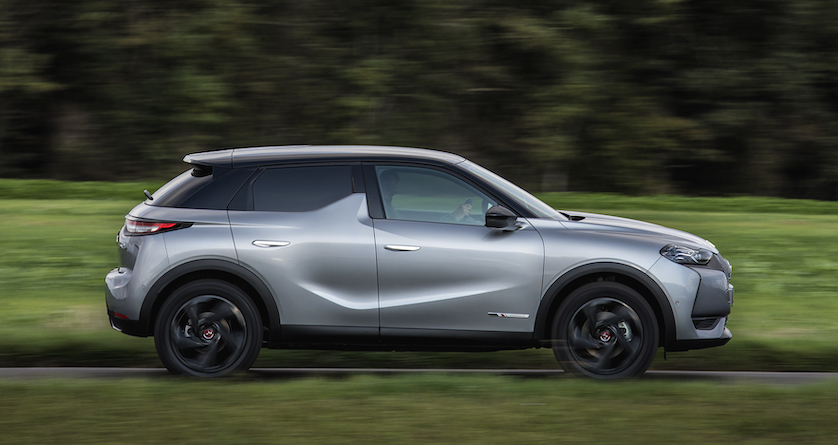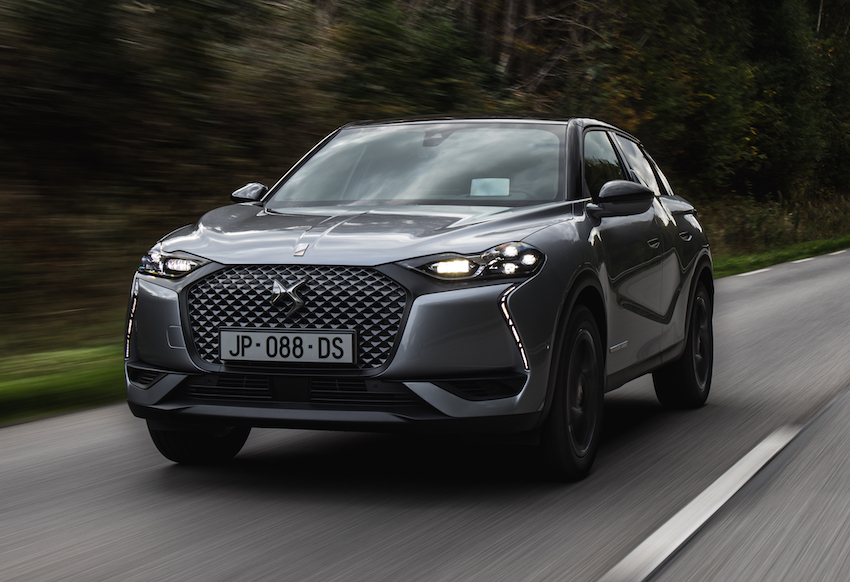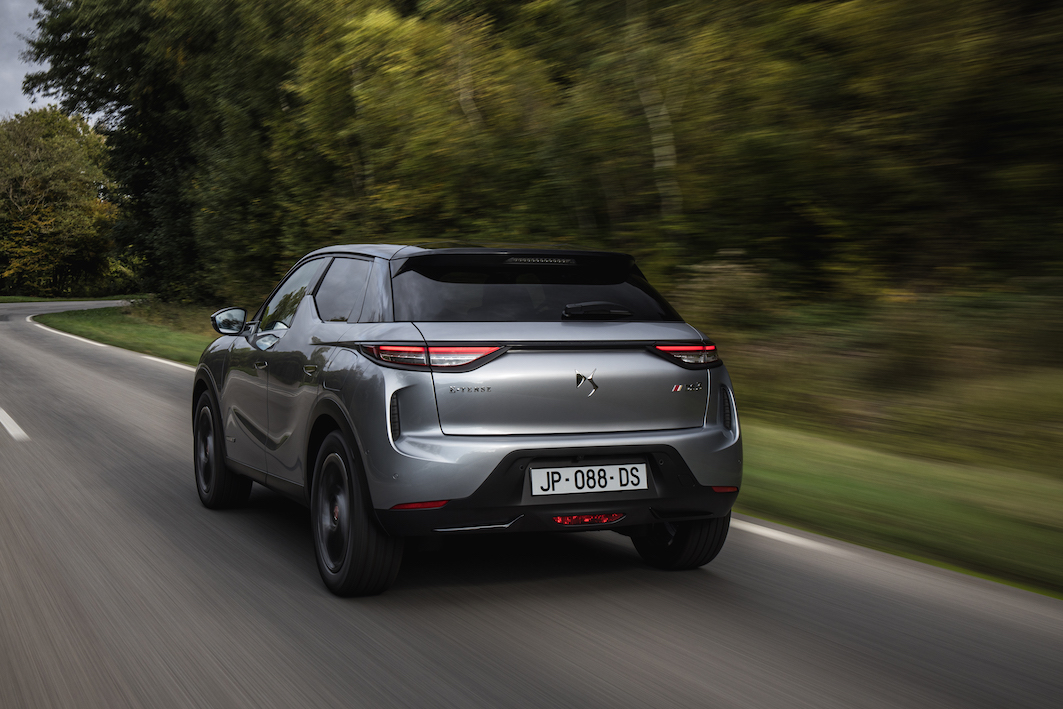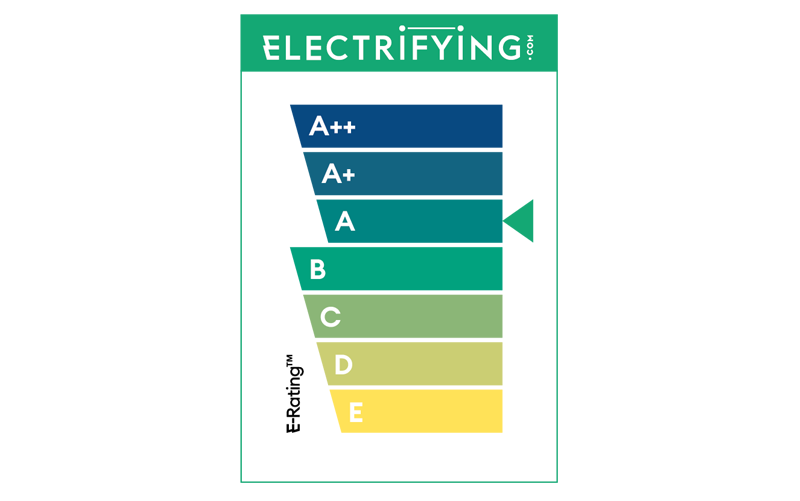Pricing
Ask for the cheapest DS3 Crossback E-Tense at one of the brand's ‘Salons’ and you will be expected to hand over £35,320. That will either seem about right when compared to something ‘premium’ like a BMW i3 or like a load of money for a car which is based on a Corsa.
It starts to look a little more flakey as you head to the top of the range, where the price tips over £42,000 once you’ve added pretty paint. That sort of money will buy you all sort of bigger and more technically impressive electric cars so you’d need to really love the DS3’s styling and quilted diamonds to splash out that amount.
Most DS3s will be bought on some sort of finance of course, and the current offer for a PCH is £364 per month over 48 months with a £2,183 deposit. That’s about £64 per month more than a car like the Hyundai Kona.
Running costs
Electric cars have tiny running costs generally, and the DS3 will benefit from lower fuel, tax and maintenance. Plug in to charge at home and it will cost about six quid to charge, which is about quarter of the cost of fuelling a petrol car to cover the same distance.
Servicing is also about £50 per year cheaper and road tax is free too. Choose the DS as your company car and you’ll see massive savings compared to a conventional car. Benefit in kind taxation rules mean you only pay 2% tax per year on the electric version until 2025, saving hundreds or even thousands.
But there are a couple of care points around the DS3 when comparing it to other EVs – the first is the insurance. It’s been lumped into groups 35 to 38, which is the same cars like the Range Rover and much higher than the petrol versions. The second is depreciation – if you are buying outright, the DS3 doesn’t hold its value as well as rivals. This will also have an effect on the finance payments you’ll be paying if using a lease or PCP.











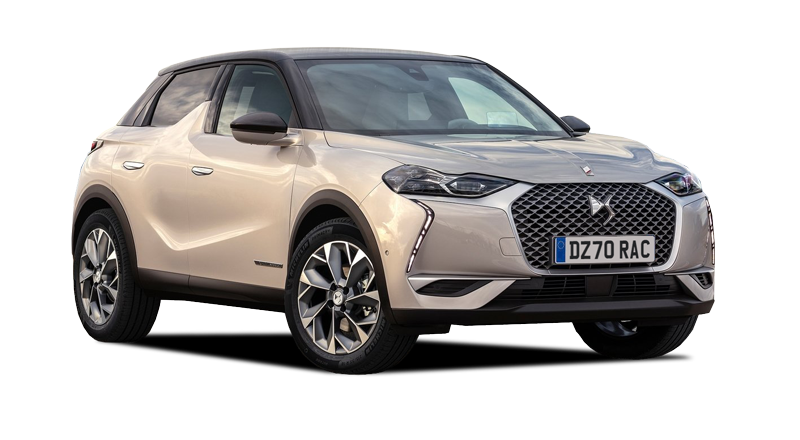
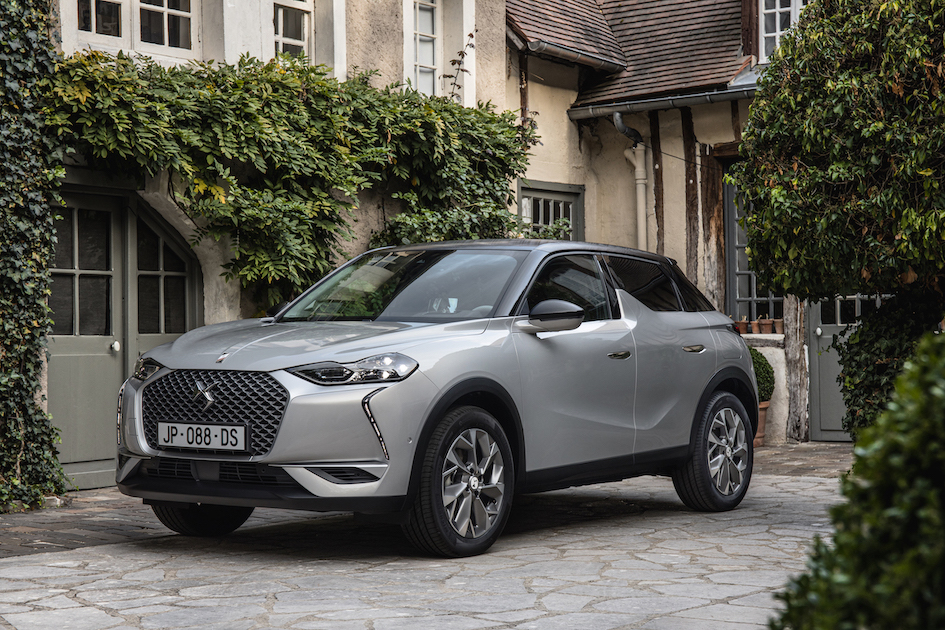.jpg)
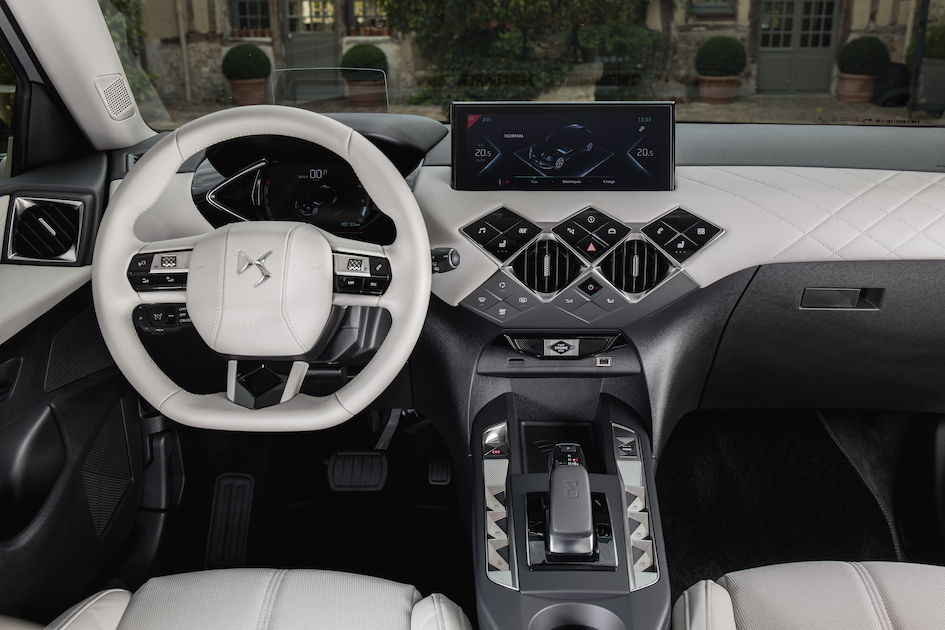.jpg)
